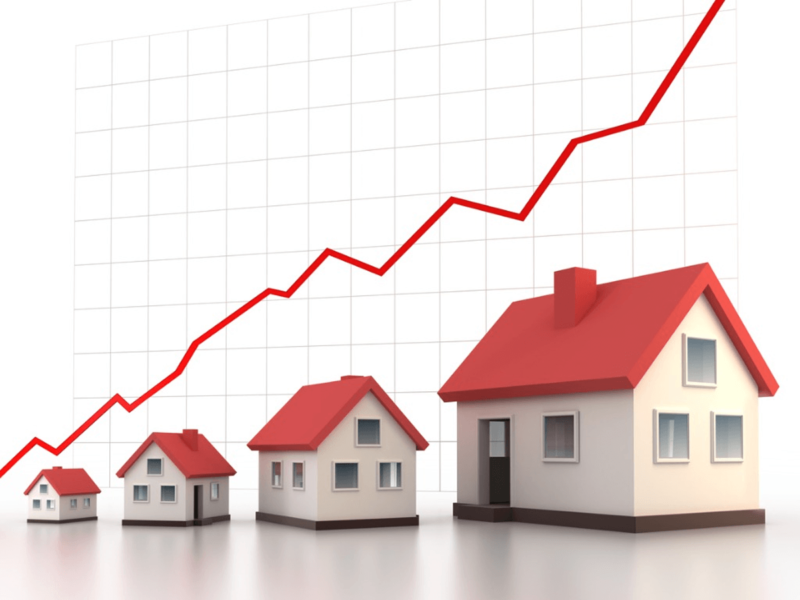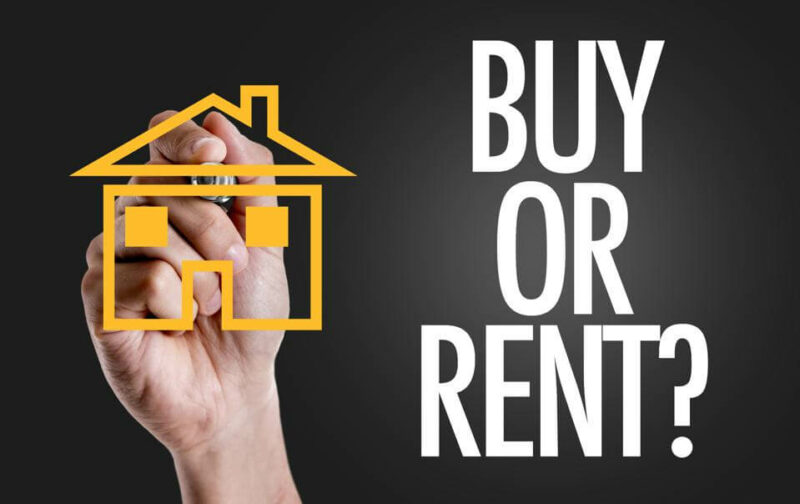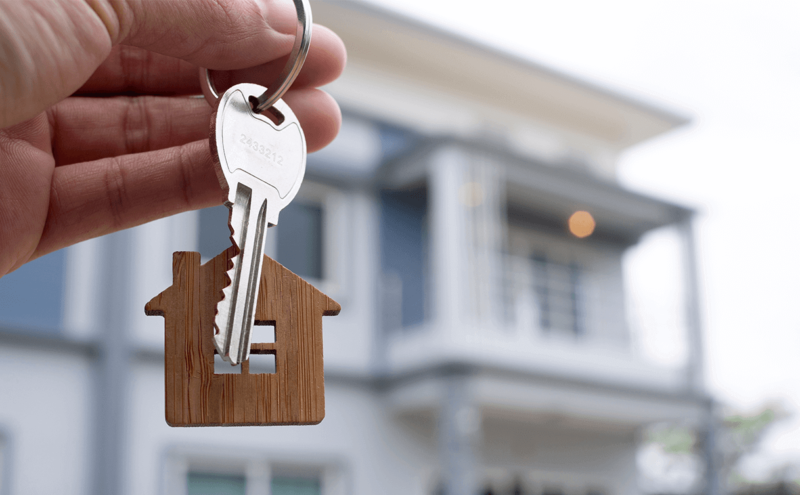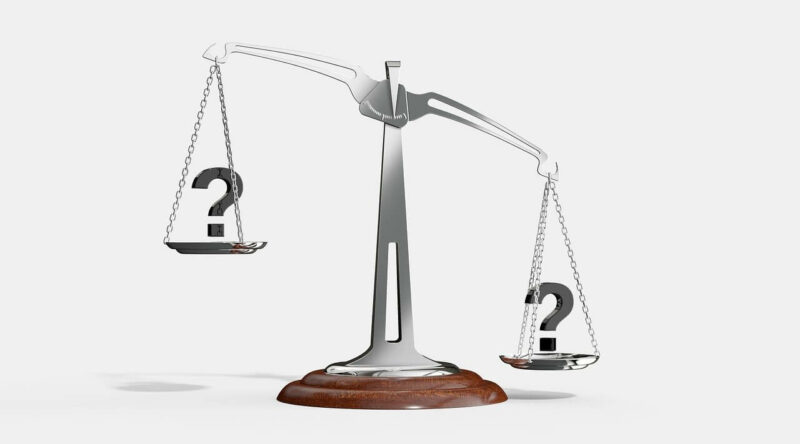Much like a good wine gets more valuable with age, most property does too. Much of the appreciation that a property sees is due to the location more than the physical building, the house itself does matter. Let’s take a closer look at what the appreciation rate for houses is and how it works.

What Is Home Appreciation?
Home appreciation refers to the value of property increasing over time. When purchasing a home, finding a house that will appreciate in value is the goal, as ROI from property appreciation is how wealth is built in real estate. As equity builds, appreciation adds to the value of your investment.
What Is the Average Appreciation for Houses?
Historically, the average rate for home appreciation is between 3 and 5% annually. However, this rate can be markedly different from the national average in certain metro areas, dependent upon economic influences. Local economic factors can sometimes affect the appreciation numbers in neighboring communities and also impact the national average as a whole. Appreciation can also be affected by lending interest rates and the increased demand for housing.
Is There a Difference Between Appreciation and Inflation?
Appreciation and inflation are two entirely different concepts. Appreciation refers to the increase in the value of a personal asset (especially property), while inflation refers to an increase in the price and cost of goods or services and is not tied to inherent value. In terms of personal finance, increasing appreciation is considered good; inflation is generally not.
How Does Appreciation Affect Purchases and Sales?
For the homeowner, appreciation is a positive metric driving the sale of their home. If they have built equity, they will see a substantial ROI when selling their house. For a homebuyer, appreciation is a mixed bag—they will have to pay a higher price for house, but if the neighborhood and community are part of an appreciating area, they can also expect to see their investment grow after purchase.
Calculating Home Appreciation
There is a basic formula for calculation home appreciation: A= P x〖(1+R/100)〗^n. In this formula, A represents the value of the house after n years, P is the purchase amount, R is the annual percentage rate for appreciation, and n is the number of years after purchase. You can plug in the numbers and solve for A. However, a simpler solution is to find an appreciation calculator online and input the values--there are several to choose from.
How Do You Keep Appreciation Rate for Houses High?
To protect your investment, it is important to keep appreciation values high on your property. Barring catastrophic economic events, it is possible to have a solid level of control over the numbers if you invest wisely. Keep the following in mind when purchasing a home, and appreciating values should follow.
Maintain the Property
After the initial research into buying a home, the most important way you can assure appreciation of your investment is to keep your house and surrounding property well-maintained. Priority must be given to preserving the home’s structural integrity by scheduling regular service checks for plumbing, HVAC, and pest control. Lawn care, landscaping, and cosmetic appearance (fresh paint, weatherproofing, improvements) are also important. Even in the best of neighborhoods, a ramshackle house will not sell for close to its inherent value.
The Neighborhood Matters
When purchasing a home, location is the most important factor to consider. The value of a property is what appreciates, not so much the structure itself. While maintaining your house is an important way to ensure that it doesn’t depreciate sharply and take away from the property’s overall appreciation, the location is the metric that drives appreciation. Don’t neglect to research the neighborhood itself, as well as the surrounding communities. Keep in mind that homes near good schools tend to do well, as do homes in up and coming neighborhoods or near areas scheduled for major development (for example, a new planned community or town center). A general rule is to look for places that are near thriving communities where people want to be.
Don’t Overvalue
Don’t offer more than market value. Market value is the figure that the fully informed buyer would pay for a home, based on what has been paid for similar homes in the surrounding area. These are called “comparables.” A real estate agent will have an excellent grasp of comparables in the area, as well as a good idea of the location desirability, and can steer your offer accordingly. Overvaluing a house is a mistake, be sure to have the home appraised. By paying too much, you can find yourself underwater on your investment, especially if the housing market is volatile.
Buying a home is an investment in your future and when you invest in a property that will appreciate over time and give you a return on your money, you are investing wisely. For help with the home buying process, including experts in home appreciation, contact Hero Home Programs™. They partner with local experts who can help you make the right choices in your home buying journey.
Original post here: Appreciation Rate for Houses: How Does It Work?




